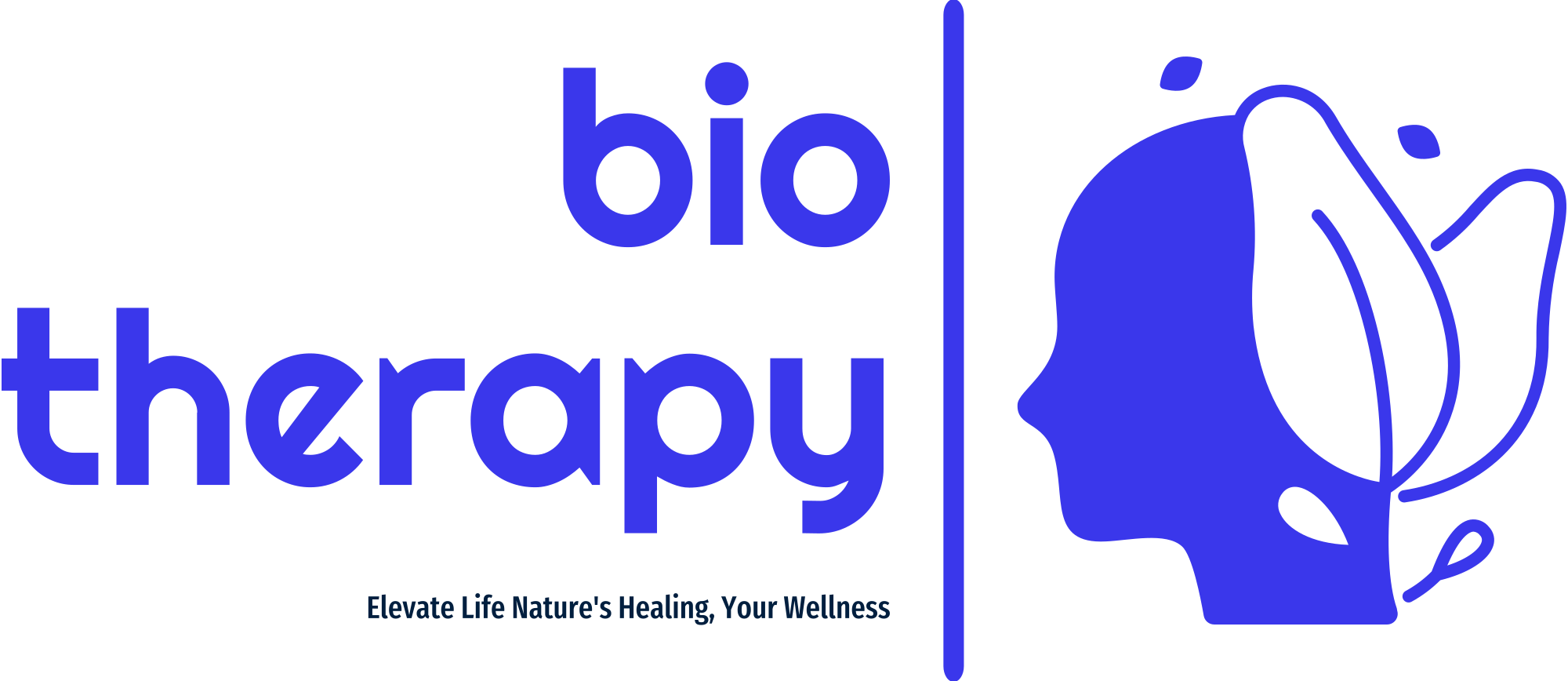
In the realm of holistic wellness, there exists a therapeutic tool that has stood the test of time and continues to captivate the hearts and minds of individuals seeking solace, relaxation, and healing. This enchanting tool is none other than music therapy. As we delve into the profound effects that music therapy can have on the human mind and body, you'll uncover a world of harmony, resonance, and rejuvenation that transcends ordinary understanding.
What is Music Therapy?
Music therapy is an evidence-based, clinical approach to harnessing the profound impact of music on the human psyche. It's not just about listening to your favorite tunes; rather, it involves the expert guidance of trained music therapists who employ the power of melody, rhythm, and harmony to address emotional, cognitive, social, and physical needs.
The Therapeutic Benefits of Music
1. Reducing Stress and Anxiety
In a world where stress is pervasive, music therapy offers a soothing respite. The harmonic compositions and gentle melodies can lower cortisol levels, reducing stress and anxiety. Music provides a comforting soundscape, an oasis of calm amid the daily chaos.
2. Enhancing Mood and Emotional Well-Being
One of the most profound aspects of music therapy is its ability to evoke emotions. It can lift your spirits when you're down, or it can provide a soothing balm when your heart aches. Music has the power to awaken joy, inspire courage, and console grief.
3. Improving Cognitive Function
Music therapy has a remarkable influence on cognitive function. For those with memory loss, such as Alzheimer's patients, it can serve as a bridge to their past, helping them recall cherished memories. Additionally, it enhances focus and concentration, making it a valuable tool in educational and therapeutic settings.
4. Promoting Physical Rehabilitation
Music therapy has been embraced by the medical community for its efficacy in physical rehabilitation. It can stimulate movement, coordination, and motor skills in patients recovering from injuries or surgeries. In essence, it aids in the process of healing and regaining physical independence.
The Science Behind Music Therapy
The transformative power of music therapy can be attributed to its profound impact on the brain. When music is experienced, it engages various parts of the brain responsible for emotions, memory, and motor skills. These neurological responses underlie the effectiveness of music therapy in promoting well-being.
Who Can Benefit from Music Therapy?
Music therapy is a versatile therapeutic tool that can benefit a diverse range of individuals. It is not limited to those facing physical or emotional challenges; rather, it offers a holistic approach to wellness that can be enjoyed by everyone.
1. Individuals with Mental Health Concerns
For individuals dealing with depression, anxiety, or other mental health conditions, music therapy can offer a valuable outlet for emotional expression and relief.
2. Children with Special Needs
Children with autism, developmental disorders, or learning disabilities can find solace and development through music therapy. It can help improve social interaction, communication, and motor skills.
3. Elderly Individuals
The elderly often face challenges like dementia and loneliness. Music therapy provides an avenue for enhancing their cognitive function and emotional well-being.
4. Individuals with Chronic Pain
People living with chronic pain conditions can experience reduced discomfort through the distraction and relaxation that music therapy offers.
How to Experience Music Therapy
To unlock the healing power of music therapy, consider these methods of incorporation into your daily life:
1. Consult a Music Therapist
Seeking guidance from a certified music therapist is a key step. They can design a personalized music therapy program tailored to your specific needs and goals.
2. Create Personal Playlists
Curate your playlists with music that resonates with your emotions and needs. Music can be an excellent companion during your daily routine, whether it's exercise, meditation, or just winding down after a long day.
3. Group Music Sessions
Participating in group music therapy sessions can provide a sense of community and shared healing experiences. These sessions often include activities like singing, drumming, and group discussions.
Conclusion
The healing power of music therapy transcends generations and cultures. It offers a profound and holistic approach to enhancing well-being, relieving stress, and promoting emotional, cognitive, and physical health. By embracing music therapy, individuals can find a symphony of solace and rejuvenation in the world of melodies and harmonies.
Unlock the potential of music therapy in your life, and experience the transformation it can bring. It's not just music; it's the key to healing and well-being.






